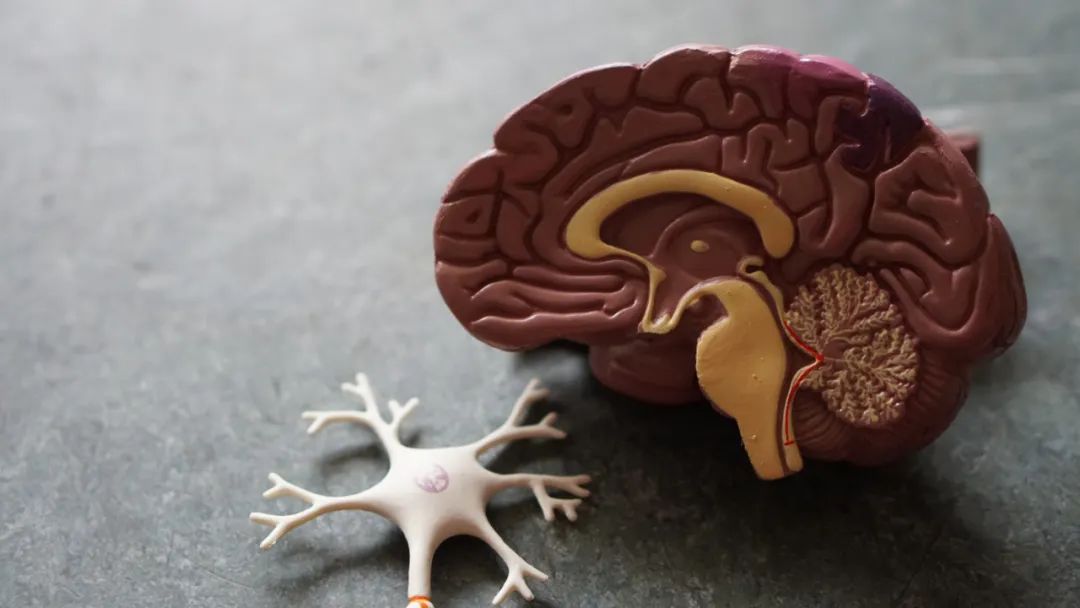
Student Research Projects in Education
Student research projects in education play a crucial role in shaping the future of the field. These projects allow students to delve deep into specific topics, explore new ideas, and contribute valuable insights to the education community. In this article, we will discuss the importance of student research projects in education, how they benefit students, and tips for successfully completing a research project in this field.
1. Importance of Student Research Projects
Student research projects in education are essential for several reasons. Firstly, they provide students with an opportunity to apply theoretical knowledge in a practical setting. By conducting research, students can bridge the gap between theory and practice, enhancing their understanding of key concepts. Additionally, research projects help students develop critical thinking, problem-solving, and analytical skills that are valuable in the education sector.
Moreover, student research projects contribute to the advancement of the education field by generating new knowledge, identifying trends, and addressing important issues. Through their research, students can propose innovative solutions, challenge existing assumptions, and promote positive change in the education system.
Overall, student research projects in education are crucial for fostering intellectual curiosity, promoting academic growth, and driving innovation in the field.
2. Benefits of Student Research Projects
Engaging in research projects offers numerous benefits to students. Firstly, research projects allow students to deepen their understanding of a specific topic or issue. By conducting in-depth research, students can gain valuable insights, develop expertise, and enhance their knowledge in a particular area of interest.
Additionally, student research projects promote interdisciplinary learning by integrating various disciplines, methodologies, and perspectives. Through research, students can explore different approaches, collaborate with experts from diverse fields, and gain a holistic understanding of complex educational issues.
Furthermore, research projects enhance students' communication skills, as they are required to present their findings, defend their arguments, and engage in scholarly discourse. These projects also foster resilience, perseverance, and self-motivation, as students navigate challenges, setbacks, and uncertainties throughout the research process.
3. Tips for Successful Research Projects in Education
To successfully complete a research project in education, students should follow some key tips. Firstly, it is essential to select a research topic that is relevant, interesting, and feasible. Students should choose a topic that aligns with their interests, addresses a pressing issue in the education sector, and can be effectively researched within the given timeframe.
Next, students should develop a clear research question, establish a research methodology, and create a research plan with specific timelines and milestones. By setting clear objectives, students can stay focused, organized, and on track throughout the research process.
Additionally, students should engage with relevant literature, seek guidance from mentors or advisors, and collaborate with peers or experts in the field. By leveraging existing knowledge, expertise, and resources, students can enhance the quality and credibility of their research projects.
4. Conclusion
Student research projects in education are valuable opportunities for students to deepen their knowledge, develop critical skills, and contribute to the advancement of the education field. By engaging in research projects, students can foster intellectual curiosity, promote academic growth, and drive innovation in the field. With the right mindset, preparation, and support, students can successfully complete research projects in education and make meaningful contributions to the education community.
Related Q&A
Question: What are some examples of student research projects in education?
Answer: Some examples of student research projects in education include investigating the impact of technology on student learning, exploring the effectiveness of different teaching methods, and analyzing the factors influencing student motivation and engagement.
Question: How can students overcome challenges in conducting research projects in education?
Answer: Students can overcome challenges in research projects by seeking guidance from mentors, collaborating with peers, and utilizing resources like libraries, research databases, and academic journals. Additionally, students should stay organized, manage their time effectively, and remain resilient in the face of obstacles.
Question: What are the potential long-term benefits of engaging in student research projects in education?
Answer: Engaging in student research projects in education can lead to valuable academic achievements, professional growth opportunities, and potential career advancements. By conducting research, students can develop expertise, build a strong academic reputation, and contribute to the field's knowledge base, opening doors to future research, teaching, or leadership roles in education.







